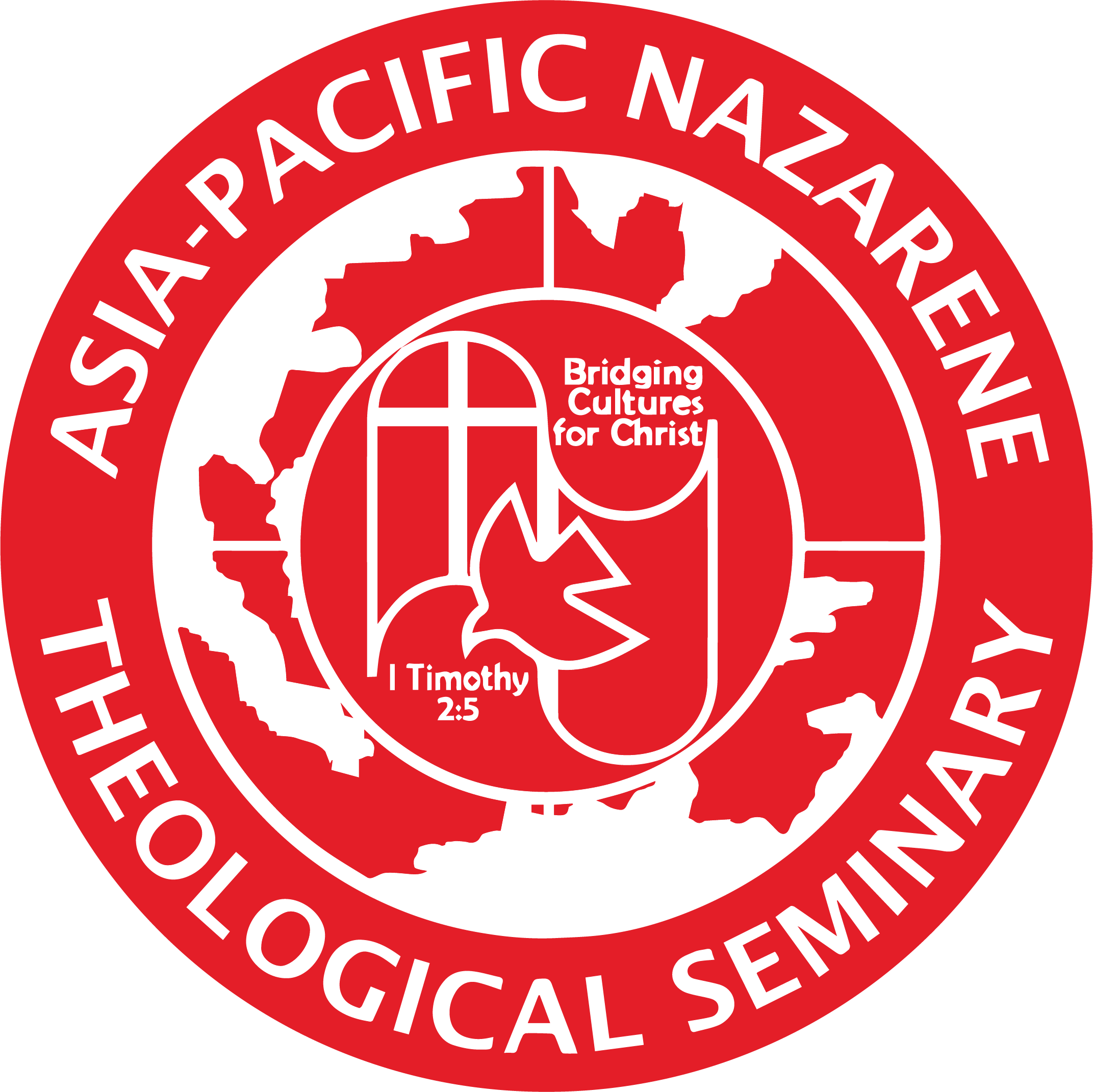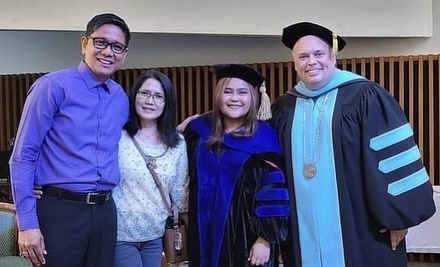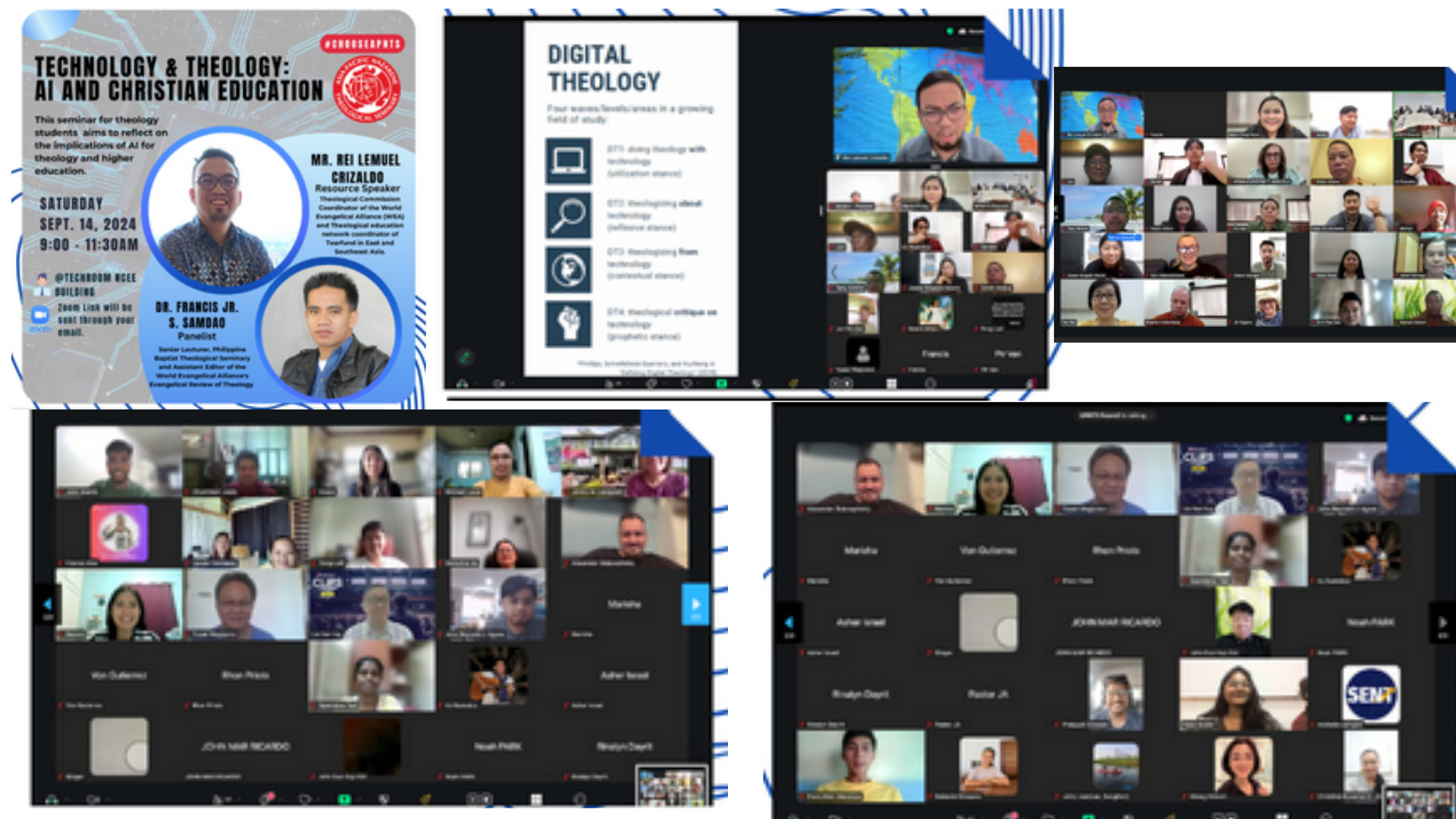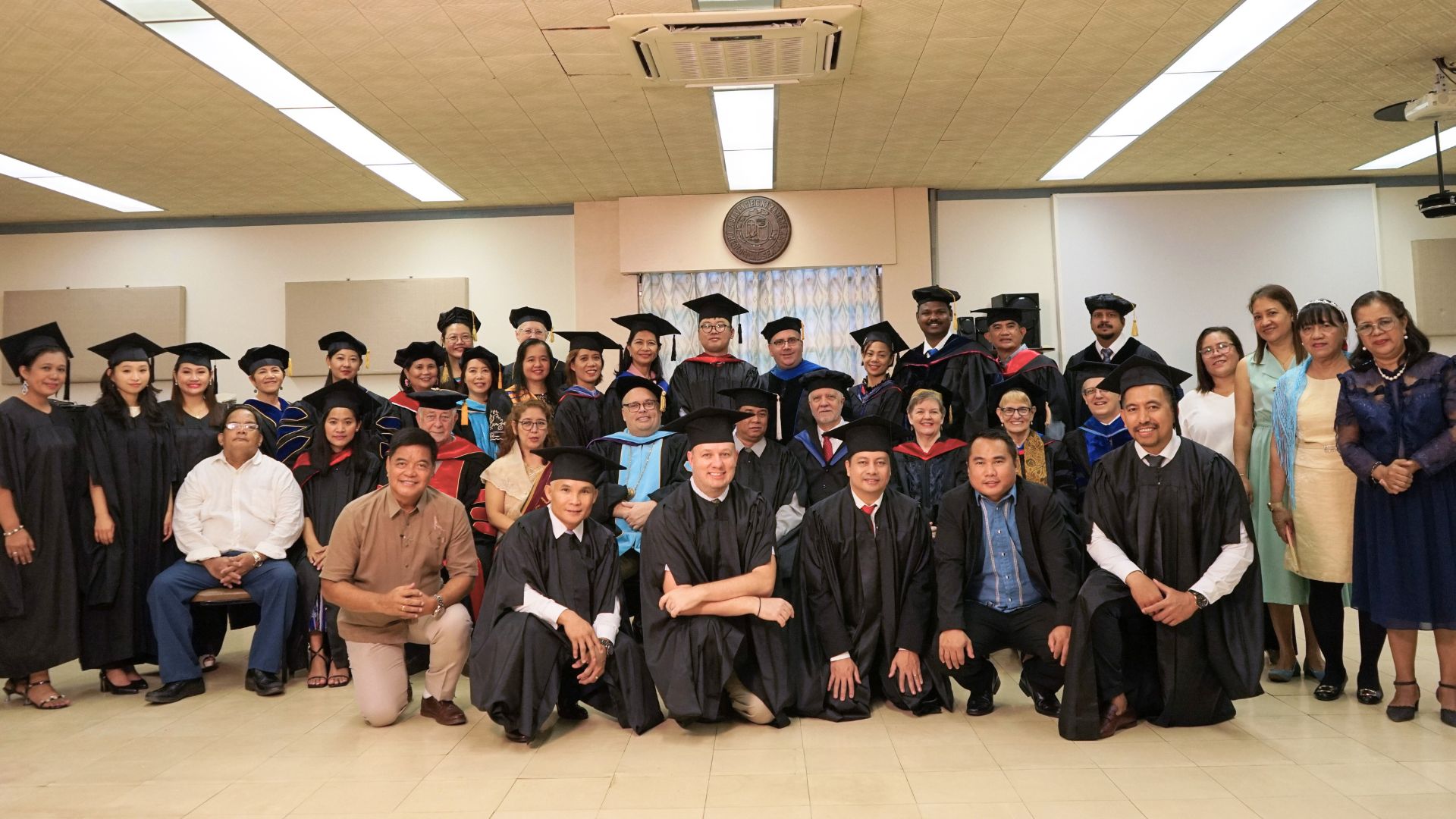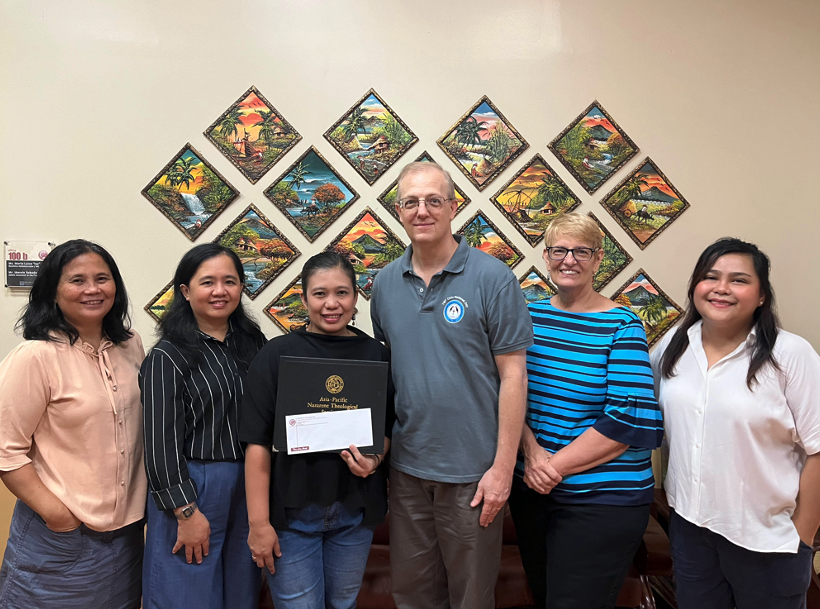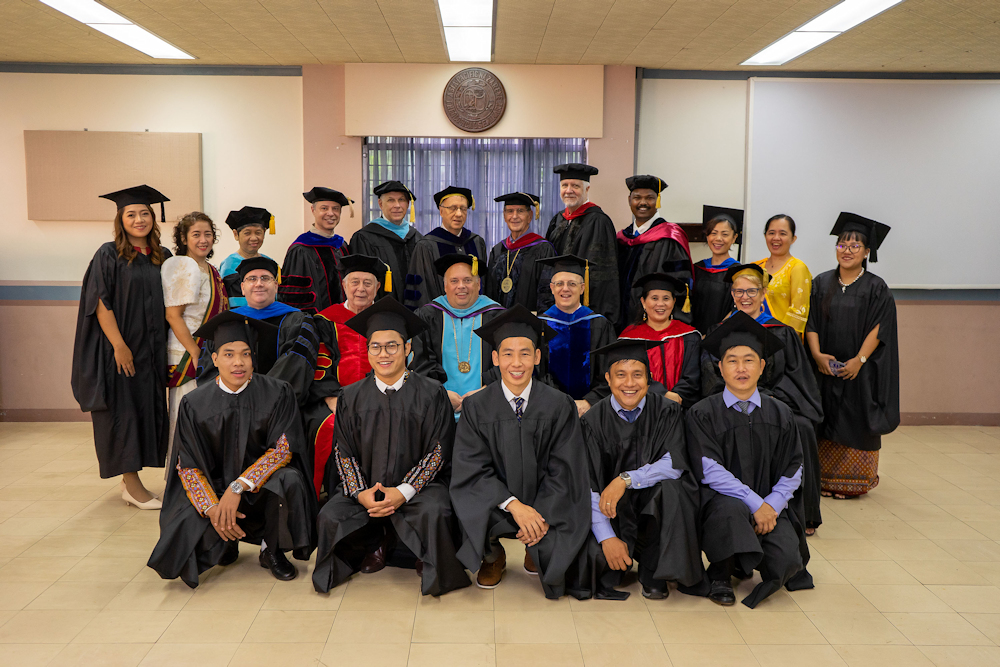 Last Tuesday, November 26, at two in the afternoon a crowd formed in the Horizon Hall of Asia Pacific Nazarene Theological Seminary. There were representatives from the Church of the Nazarene (COTN), including Nazarene Compassionate Ministries (NCM), Asia Pacific Nazarene Theological Seminary (APNTS), Shechem Children’s Home, Inc. (SCHI) and the Philippines-Micronesia Field Office (PMFO). We also had Philippine Children’s Ministry Network (PCMN), Wholistic Transformation Resource Center (WTRC), Advancing the Ministries of the Gospel (AMG), Abba’s orchard, and of course, International Justice Mission (IJM). They were united in one theme, how do we best care for the victim-survivors of Online Sexual Exploitation of Children in the Philippines. At the forefront of this conversation is Shechem Home for Children, an Assessment Center for children rescued from OSEC. Shechem Home for Children was launched September of 2018 by NCM in the Philippines. From its beginning Shechem Children’s Home (SCHI) has visualized aftercare as a process beginning from the moment children are rescued. Gigi Tupas of IJM, a major stakeholder in this work, stated “Shechem is the first assessment center that specifically serves OSEC victim-survivors. This research is groundbreaking and it provides us the necessary information to move forward.”
Last Tuesday, November 26, at two in the afternoon a crowd formed in the Horizon Hall of Asia Pacific Nazarene Theological Seminary. There were representatives from the Church of the Nazarene (COTN), including Nazarene Compassionate Ministries (NCM), Asia Pacific Nazarene Theological Seminary (APNTS), Shechem Children’s Home, Inc. (SCHI) and the Philippines-Micronesia Field Office (PMFO). We also had Philippine Children’s Ministry Network (PCMN), Wholistic Transformation Resource Center (WTRC), Advancing the Ministries of the Gospel (AMG), Abba’s orchard, and of course, International Justice Mission (IJM). They were united in one theme, how do we best care for the victim-survivors of Online Sexual Exploitation of Children in the Philippines. At the forefront of this conversation is Shechem Home for Children, an Assessment Center for children rescued from OSEC. Shechem Home for Children was launched September of 2018 by NCM in the Philippines. From its beginning Shechem Children’s Home (SCHI) has visualized aftercare as a process beginning from the moment children are rescued. Gigi Tupas of IJM, a major stakeholder in this work, stated “Shechem is the first assessment center that specifically serves OSEC victim-survivors. This research is groundbreaking and it provides us the necessary information to move forward.”
The research study was commissioned to gain knowledge on what OSEC victim-survivors go through in the aftercare continuum and to identify key factors that will make an assessment center effective for them. More than looking into secondary resources and statistical figures, this research gives primacy to the voice of the OSEC victim-survivors who are the true owners of these experiences and the best source of data.
Rev. Stephen Gualberto, Field Strategy Coordinator for the COTN Philippines-Micronesia Field office, is ecstatic about the results of this research and stated that “The Research Study is another major breakthrough of the church in providing care for Victim-Survivors of Online Sexual Exploitation of Children (OSEC). I praise God for this His provision, wisdom and guidance to make this happen! Our hope and prayer is that this research study will provide helpful insights for everyone about the many facets and processes of restoring the dignity of victim-survivors and the image of God in them. Furthermore, this study will also help determine effective ways to care for the caregivers holistically.”
Notes from the Executive Summary
The heart of this research is the findings on factors that make an effective assessment center from the perspective of OSEC victim-survivors and service providers. Among these factors are psychological interventions, care and guidance from center staff, activities for self-development, and adequate facilities in the center. Likewise, allowing the children to communicate with their kin while in the center also helps them become more emotionally and mentally stable. The participants also expressed that child-participation in case conferences do not only provide a more holistic case management plan but also restores the children’s voice and agency. Finally, the research found out that an effective assessment center is one that works on increasing the individual protective factors of the children. Skills deemed significant to start developing in the OSEC victim-survivors are self-mastery skills (anger management, self-control, and emotional intelligence, positive self-concept, self-compassion, a sense of personal responsibility, being future-oriented) and relational skills (ability to form positive bonds and connections, interpersonal communication, self-efficacy in conflict situations, and problem-solving).
Special thanks to the APNTS Research Team
Marie Joy D. Pring – Director of Research, Study Leader/ Researcher
Sarah Palosa- Assistant Researcher
Shradha Saraf- Assistant Researcher
Neseta Roy- Assistant Researcher
Isaiah Evangelista- Assistant Researcher
Dr. Brenita Nicholas- Research Mentor
Dr. Nativity Petallar-Research Mentor
Gratitude is also expressed to Ilse Kok of Woord en Daad Netherlands for her contribution during the incipient stage of the research and in the production of the section on the review of the context. Also, special thanks to Ashley Prax of Nazarene Compassionate Ministries for the assistance she offered in the study.
